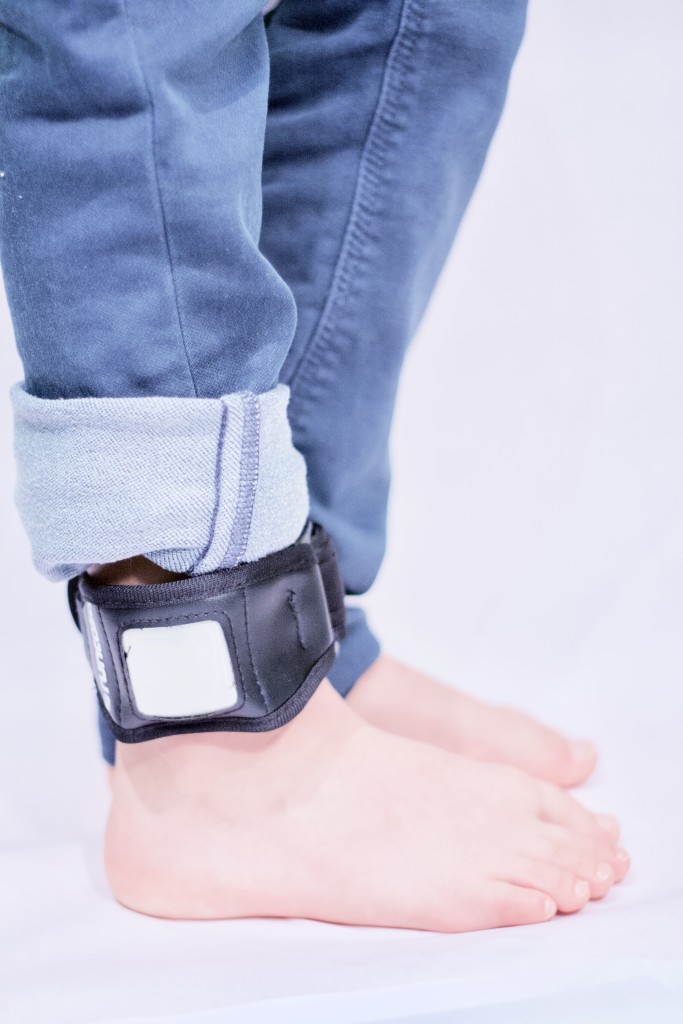Data from wearable devices approved for use in Duchenne muscular dystrophy clinical trials
The European Medicines Agency (EMA) has approved the first measure collected using a digital wearable device for use in clinical trials for Duchenne muscular dystrophy (DMD).
This is an important milestone which will allow real-world experience of DMD patients to be captured on clinical trials.
The measure, called the Stride velocity 95th centile (SV95C), has been accepted for use as a clinical trial endpoint: an outcome that can be measured to determine whether the treatment being studied is beneficial. SV95C refers to the speed of the most rapid 5% of strides taken by the patient, measured using a wearable device called ActiMyo (a device that includes two strap-based sensors worn on the ankles and/or wrists).

Normally, DMD trials rely on outcomes such as the 6-minute walk test and the North Star Ambulatory Assessment, conducted in a hospital setting. These measures have limitations, however, as they don’t capture the impact of the treatment on the patient in their everyday life. In addition, factors such as motivation, fatigue, time of day, maturity, and developmental stage are also known to affect these assessments. The combination of these factors can hinder successful treatment development and approval.
Digitally captured measures address these challenges as they can continually and accurately assess potential benefits of a treatment in a real-world setting.
Duchenne UK is committed to developing more robust outcome measures that better represent the patient experience. In 2016, Duchenne UK invested £3,500 to support the submission of SV95C for qualification by the EMA. In 2017, we collaborated with Parent Project Muscular Dystrophy USA, Duchenne Parent Project (Netherlands) and Duchenne Parent Project Onlus (Italy) to fund a workshop to review the endpoints used in clinical trials, where it was suggested that digital tools could enable more relevant outcome measures (read the full report here).
The approval of SV95C is an important step towards wider adoption of digital endpoints in clinical trials. As part of our commitment to this area, we are working with award-winning technology company Aparito as part of their Patient Group Accelerator to identify and measure novel, disease-specific measures for use in clinical trials. Find out more about this work here.

 Read more
Read more
 Read more
Read more
 Read more
Read more